 The Use Of Ashes was the fourth album made by Pearls Before Swine, and the second on Reprise Records after their move from ESP-Disk.
The Use Of Ashes was the fourth album made by Pearls Before Swine, and the second on Reprise Records after their move from ESP-Disk.  After recording the album These Things Too, the other original founding members of Pearls Before Swine had all left, and leader Tom Rapp and his then wife Elisabeth moved to her home country of the Netherlands (travelling on the maiden voyage of the QE2 liner) to live for several months near Utrecht. Most of the songs on The Use Of Ashes were written there. They were recorded back in Nashville in March 1970, with some of the city's top session musicians, many of whom formed the basis of the band Area Code 615.
After recording the album These Things Too, the other original founding members of Pearls Before Swine had all left, and leader Tom Rapp and his then wife Elisabeth moved to her home country of the Netherlands (travelling on the maiden voyage of the QE2 liner) to live for several months near Utrecht. Most of the songs on The Use Of Ashes were written there. They were recorded back in Nashville in March 1970, with some of the city's top session musicians, many of whom formed the basis of the band Area Code 615.Many of Rapp's admirers regard this, and particularly the first side of the original LP (tracks 1 through 5), as the finest and most consistent of all his albums.

The opening track, "The Jeweler", with its refrain of "He knows the use of ashes / He worships God with ashes", came to him when he saw his wife cleaning a piece of jewelry with a paste made from ashes, and is generally regarded as one of his finest and most poetic songs. A version was later recorded by This Mortal Coil. The next track, "From the Movie of the Same Name" is largely instrumental, featuring David Briggs' harpsichord and, like all the tracks, is beautifully and sensitively arranged. "Rocket Man" is based on a Ray Bradbury story (in his book "The Illustrated Man") about an astronaut and father burning up in space, but also draws on Rapp's difficult relationship with his own father and the fact that, in his teens, he lived near Cape Canaveral in Florida. The song itself inspired Bernie Taupin's lyrics on Elton John's hit of the same title. Another highlight, "Song About A Rose", again shows Rapp's ability to convey metaphysical thoughts within an artfully arranged song, with the lyrics "And even God can only guess why or where or when or if the answers all belong / And you and I we sing our song about a rose / Or perhaps the shadow of a rose".
A different texture is provided by the jazzy "Tell Me Why," shimmering with vibraphone beneath Rapp's whimsical lines.
The song "Riegal" was inspired by reading a newspaper article on the wartime sinking of a prison ship, when 4,000 prisoners drowned. Later histories suggest the number may have been out by 1,000 odd souls, but the sinking remains one of the worst maritime disasters ever[citation needed], and the song remains one of the most achingly beautiful evocations of the perils of going down to the sea in ships. Rapp does not apportion blame, indeed the lyric gives credit to the German, but probably not Nazi, captain who apparently saved many lives by grounding his ship. Rapp's juxtaposition of stark imagery reveals that while Pearls Before Swine might not have continued the more bombastic direction set about on their earlier protest songs "Uncle John" or "Drop Out," they maintained social and political relevance. The final track, "When The War Began", contains an equally potent message on the futility of war.
Additional material from the Nashville sessions was released on the next Pearls Before Swine album, City of Gold.
The sleeve design shows a late 15th century French or Flemish tapestry, "The Hunt of the Unicorn: vi, The unicorn is brought to the castle", from the Metropolitan Museum of Art. It shows three huntsmen bringing down a unicorn with spears and swords. The sleeve continued the group's approach of using classic art on their album covers, started with their debut album One Nation Underground.
A single, "The Jeweler" / "Rocket Man" (Reprise 0949), was issued from the album.
In 2003 The Use Of Ashes was finally issued on compact disc as part of the Jewels Were the Stars compendium, anthologizing Pearls Before Swine's Reprise Records output.
A Dutch group[1] formed in 1988 out of the rock band Mekanik Commando took the name "The Use Of Ashes", inspired directly by the Pearls Before Swine album.(Wikipedia)
 Track listing
Track listingThe Jeweler (2:48)
From the Movie of the Same Name (2:21)
Rocket Man (3:06) ("based on a short story by Ray Bradbury")
God Save The Child (3:08) ("Elisabeth helped")
Song About A Rose (2:21)
Tell Me Why (3:43)
Margery (3:03)
The Old Man (3:16)
Riegal (3:13)
When the War Began (5:07)
All words and music by Tom Rapp
Tom Rapp: Vocals, Guitar
Elisabeth: Vocals
Charlie McCoy: Dobro, Guitar, Bass, Harmonica
Norbert Putnam: Bass
Kenneth Buttrey: Drums
Buddy Spicher: Violin, Cello, Viola
Mac Gayden: Guitars
David Briggs: Piano, Harpsichord
John Duke: Oboe, Flute
Hutch Davie: Keyboard
Bill Pippin: Oboe, Flute
This album is dedicated to the Netherlands where most of the songs were written
+.jpg) Tom Rapp, left, at 22 in Holland and and 20 years later commuting from work as a corporate lawyer. (Bill O'LearyThe Post)
Tom Rapp, left, at 22 in Holland and and 20 years later commuting from work as a corporate lawyer. (Bill O'LearyThe Post)




 Rod seems the country-blues chief of the lot, having come up with jiving "Knackers Yard Blues" and pulling his bow through "Jackhammer Blues" hoedown madness. Sometimes that vibe crosses THE BAND field as in "No Time To Lose" or "We Can Swing Together" with fantastic harmonica running through barn catalogue up to glorious culmination. Unity was an integral part of 'FARNE idiom and to open the winter concert they chose "Together Forever", quite flat tune, not their own. Maybe, t'was too freezing so December's gig is of less interest - melancholy "January Song" says it all. Much better and sunny comes "Meet Me On The Corner" - well, some have their conventions on the ledge, others on the corner... That's nearer, eh?
Rod seems the country-blues chief of the lot, having come up with jiving "Knackers Yard Blues" and pulling his bow through "Jackhammer Blues" hoedown madness. Sometimes that vibe crosses THE BAND field as in "No Time To Lose" or "We Can Swing Together" with fantastic harmonica running through barn catalogue up to glorious culmination. Unity was an integral part of 'FARNE idiom and to open the winter concert they chose "Together Forever", quite flat tune, not their own. Maybe, t'was too freezing so December's gig is of less interest - melancholy "January Song" says it all. Much better and sunny comes "Meet Me On The Corner" - well, some have their conventions on the ledge, others on the corner... That's nearer, eh?








 They recorded their first session in 1968 for
They recorded their first session in 1968 for 







 Personnel:
Personnel: The best tracks are the mid-tempo R&B influenced I Got A Woman with flute solo, jazzy piano and guitar; two tracks (Reason For Living and Shadow Of The Night), which sound similar to Traffic and the slow instrumental Michael Fitzhenry which featured some good guitar work and flute. On the down side Back On The Road was pale imitation of The Band's The Weight.
The best tracks are the mid-tempo R&B influenced I Got A Woman with flute solo, jazzy piano and guitar; two tracks (Reason For Living and Shadow Of The Night), which sound similar to Traffic and the slow instrumental Michael Fitzhenry which featured some good guitar work and flute. On the down side Back On The Road was pale imitation of The Band's The Weight.  After Andwella he went on to a group called 'White Line', with his brother Jimmy. McDougall went on to work with Speedy Keen (ex-Thunderclap Newman), while Smith joined Khan.Compilation appearances have included: Felix on Perfumed Garden Vol. 3 (CD); Sunday on Rubble, Vol. 17 - A Trip In A Painted World (LP), Rubble, Vol. 10 (CD) and The Best Of Rubble Collection, Vol. 5 (CD).
After Andwella he went on to a group called 'White Line', with his brother Jimmy. McDougall went on to work with Speedy Keen (ex-Thunderclap Newman), while Smith joined Khan.Compilation appearances have included: Felix on Perfumed Garden Vol. 3 (CD); Sunday on Rubble, Vol. 17 - A Trip In A Painted World (LP), Rubble, Vol. 10 (CD) and The Best Of Rubble Collection, Vol. 5 (CD).















 Side A 1. Little David 2. Pig Quick-Finger 3. Devil & the Ace of Spades 4. Son of Kong 5. Down Child
Side A 1. Little David 2. Pig Quick-Finger 3. Devil & the Ace of Spades 4. Son of Kong 5. Down Child 

 While studying at San Francisco State College in the early '60s, he hooked up with
While studying at San Francisco State College in the early '60s, he hooked up with ++BG002-PO%5B1%5D.jpg) After about a year, a lineup change took place, as Mike Daly became their manager, Larry Bennett made a lateral move to take over on bass, and Larry West came aboard on lead guitar while Bob Cuff stayed on rhythm. By that time they were writing their own material together as a group effort, and coming up with some unusual and very fresh ideas. And there was the name change. "The Terrazzo Brothers" didn't seem to be doing anything for them, and then the bandmembers misunderstood the line about the "Mystery Tramp" in Bob Dylan's "Like a Rolling Stone": the result was the Mystery Trend. They had a special sound and a following, at least locally. The Mystery Trend were the first band to play the Matrix Club after the original
After about a year, a lineup change took place, as Mike Daly became their manager, Larry Bennett made a lateral move to take over on bass, and Larry West came aboard on lead guitar while Bob Cuff stayed on rhythm. By that time they were writing their own material together as a group effort, and coming up with some unusual and very fresh ideas. And there was the name change. "The Terrazzo Brothers" didn't seem to be doing anything for them, and then the bandmembers misunderstood the line about the "Mystery Tramp" in Bob Dylan's "Like a Rolling Stone": the result was the Mystery Trend. They had a special sound and a following, at least locally. The Mystery Trend were the first band to play the Matrix Club after the original  Those small groups, made up of top soloists and true virtuosi, had lots of room for the members to maneuver and express themselves, but were also highly disciplined.
Those small groups, made up of top soloists and true virtuosi, had lots of room for the members to maneuver and express themselves, but were also highly disciplined. 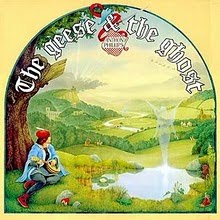



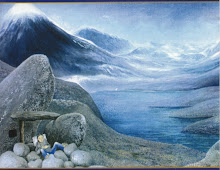

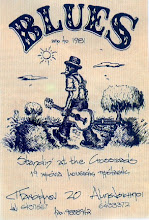

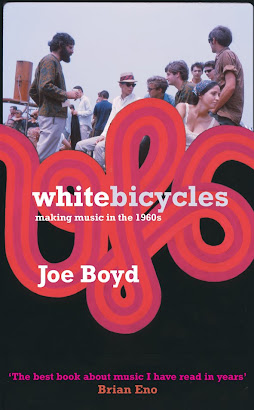
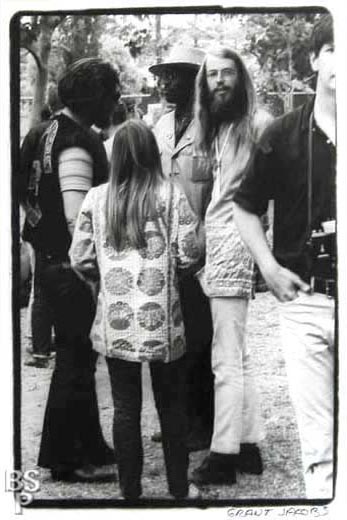
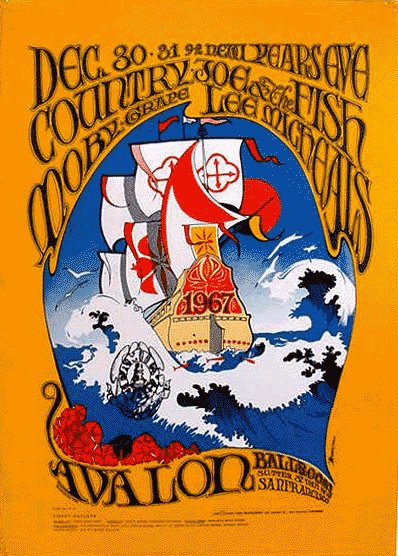
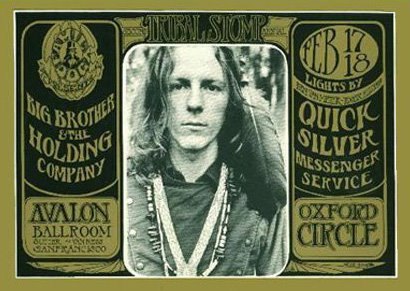
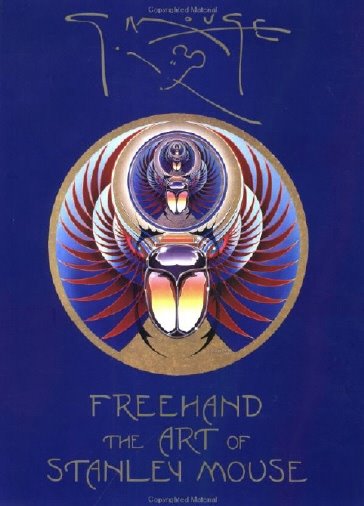.jpg)

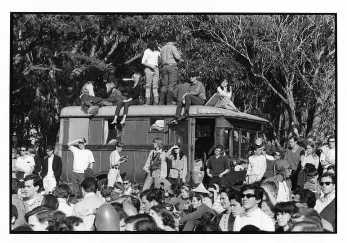




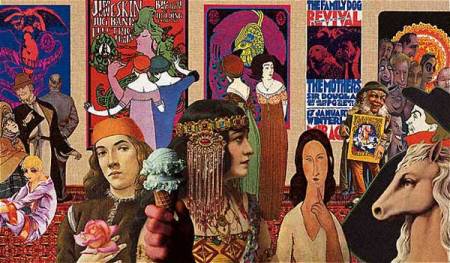.jpg)
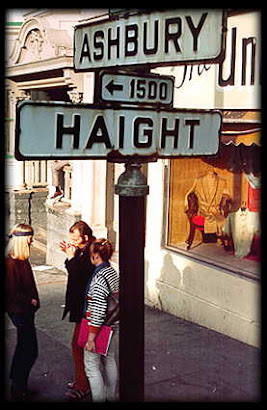
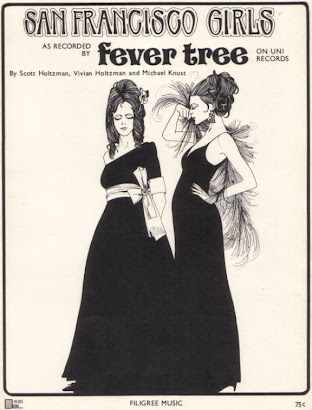
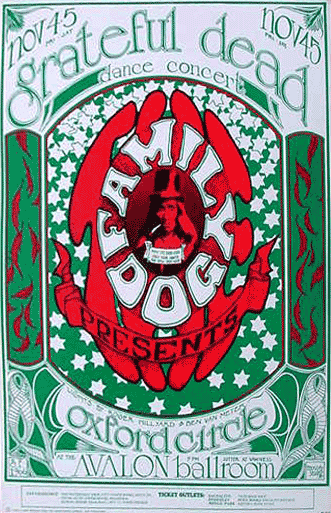
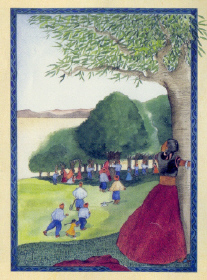
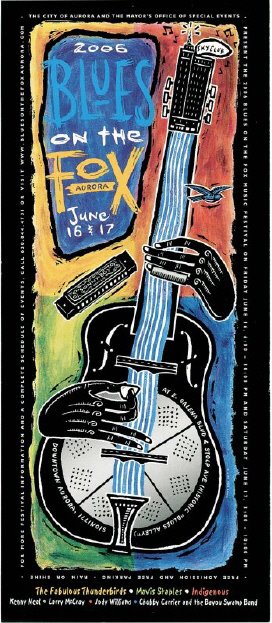


















%20@320.jpg)








































































+-+cover.png)














.jpg)




































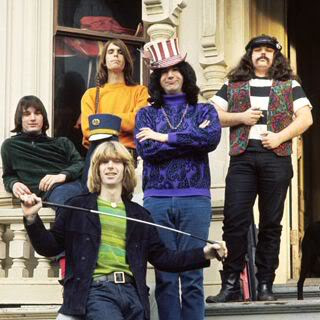






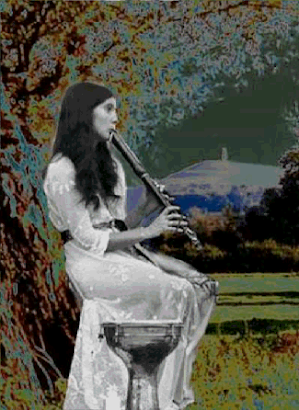













































.jpg)







